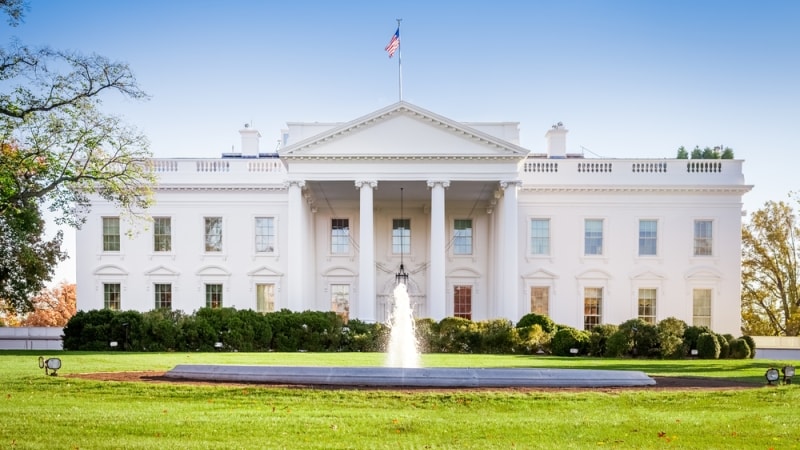
A bipartisan group of six House members this week introduced a bill to establish a National Cyber Director in the Executive Office of the President to coordinate cyber policy across the Federal government.
Three Democrats and three Republicans are sponsoring the National Cyber Director Act, which would create a Senate-confirmed director, and two deputy directors appointed by the president. The position is one of the key recommendations from the March report of the Cyberspace Solarium Commission.
“Only within the White House can we cohesively develop and implement a truly whole-of-nation cyber strategy that is commensurate with the threats we face,” said Rep. Jim Langevin, D-R.I., who sponsored the bill and served as a Solarium commissioner, in a press release.
A White House cybersecurity coordinator position was eliminated by the National Security Adviser in 2018, but the legislation introduced June 25 would back the position with statutory authority, and add the ability to review cyber budgets and coordinate national incident response.
Initial co-sponsors of the bill with Langevin are Solarium co-chair Rep. Mike Gallagher, R-Wis., Rep. Carolyn Maloney, D-N.Y., Rep. John Katko, R-N.Y., Rep. Will Hurd, R-Texas, and Rep. C. A. “Dutch” Ruppersberger, D-Md.
“We need a cyber quarterback,” said Rep. Ruppersberger, who served as the top Democrat on the House Intelligence committee from 2011 to 2015, in a press release. A ransomware attack on part of Ruppersberger’s Baltimore-area district shut down online services for residents last year. “We need a central, coordinating authority figure in the White House to ensure we have a thoughtful federal cyber budget, to call the shots when we’re responding to an attack and to create better partnerships with our private-sector partners,” he said.
